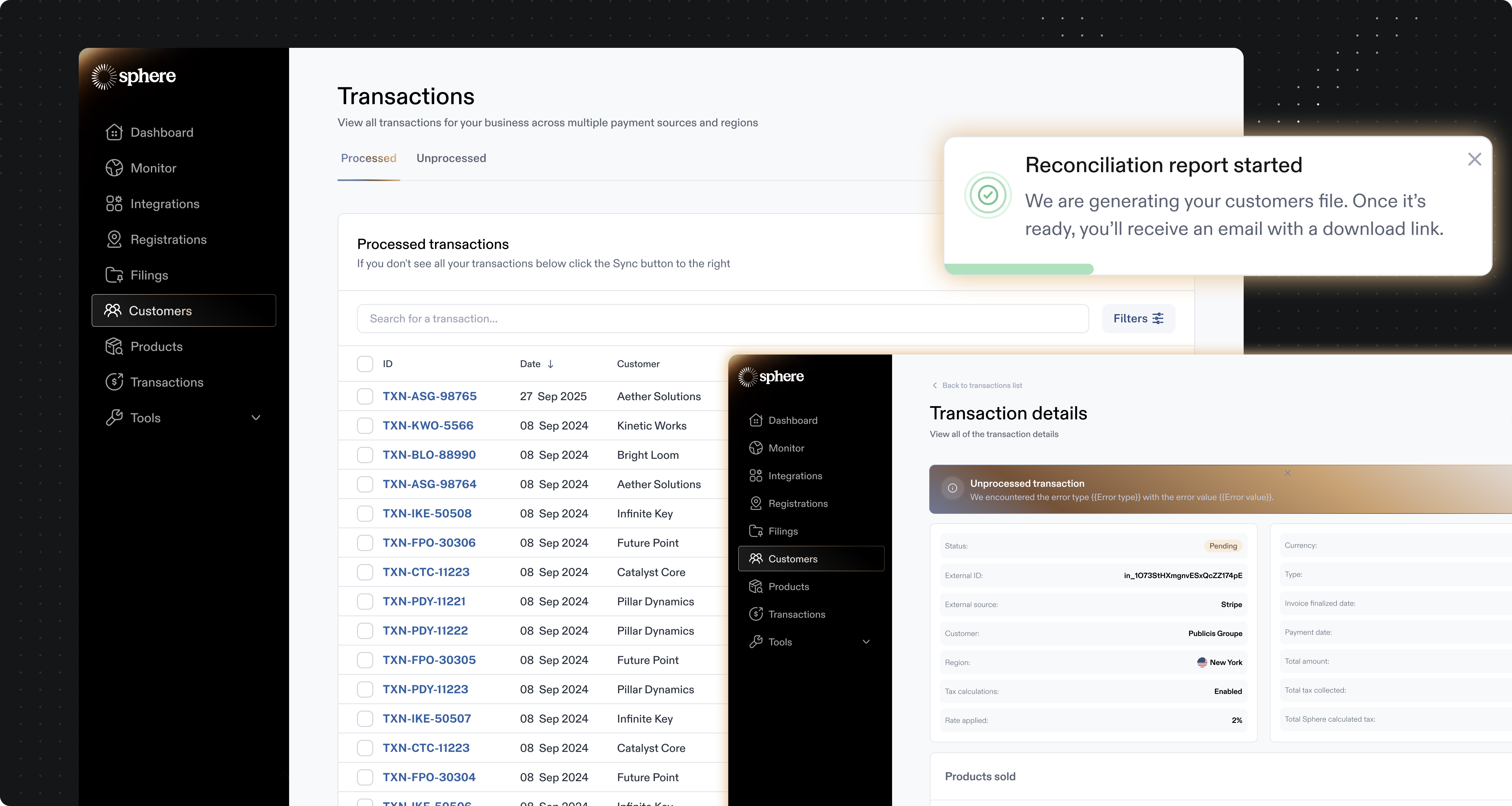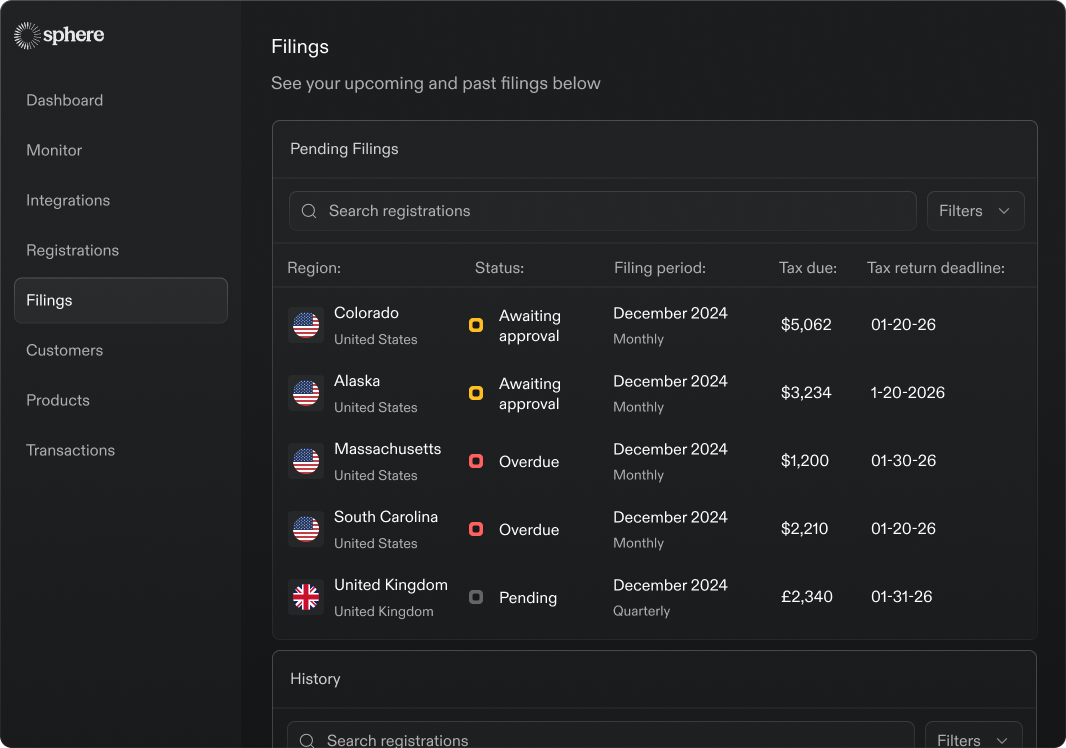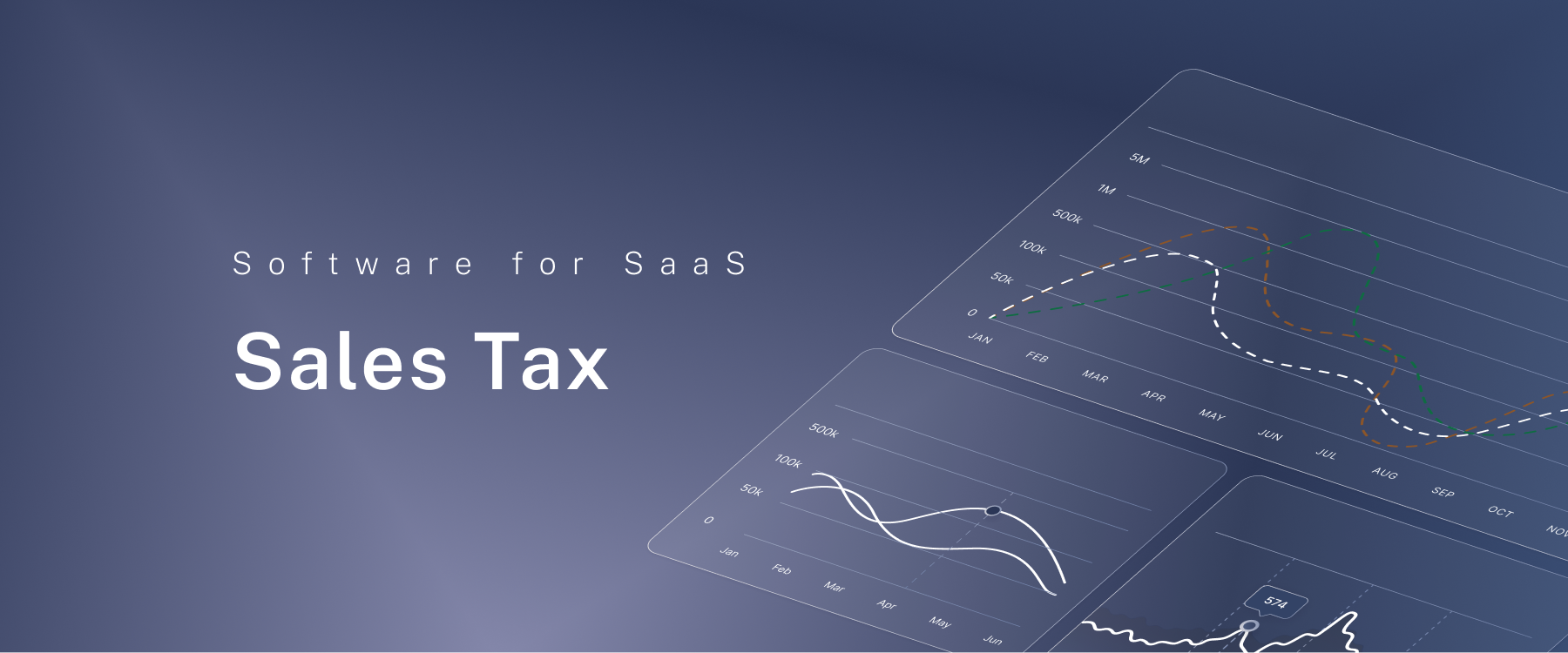
Import taxes are government fees on goods crossing international borders. When shipping physical goods, these taxes can add 5 to 25% to your total costs, so businesses need to understand them and be prepared for these transactions. If you are a multinational company shipping hardware to subsidiaries, import duties will affect your profits and compliance duties.
This article breaks down what import duties are, how they’re calculated, who pays them, and what documentation you’ll need to stay compliant.
What Is Import Duty?
Import duty simply means a tax charged by governments on goods entering their country from abroad. You’ll also see import duties called “tariffs” and “customs duties” but all these terms refer to the same thing–taxes on imported goods.
Countries impose import duties for four main reasons:
- Generating government revenue
- Protecting domestic industry from foreign competition
- Regulating the flow of certain goods
- Diplomatic leverage in trade negotiations
HS Codes and Product Classification
What Is an HS Code?
The Harmonized System (HS) code is a standard number system. It identifies products for customs purposes. The first 6 digits are universal worldwide. From there, countries add extra digits for more detail. The US, for example, uses a 10-digit harmonized tariff schedule (HTS) code for imports, and 10-digit Schedule B codes for exports.
It’s vital to get the HS code right. Getting this wrong can be one of the most expensive international shipping mistakes you ever make. Classification errors can cause shipment delays and customs fines. They can make you pay too much duty, which lowers your profits. Or they can make you pay too little duty, which leads to audits and big penalties.
Why HS Codes Matter for Import Duties
It’s vital to have the right HS code because that determines your import duty rate, as well as any import restrictions or potential exemptions. For example, a laptop might require 0% duty under one code but 5% under a very similar code. Further, the World Customs Organization updates the system every 5 years, so codes you've used for years might suddenly change.
Think of HS codes as the foundation for your import tax calculation. If you get those wrong, then problems can snowball.
Which Businesses Need to Worry About Import Duties
Import duties only apply to physical goods crossing borders. Digital services don’t trigger import taxes. Many digital-first companies ignore their import tax requirements. Customs authorities do not care if you are mainly a software company. If you ship one server or one box of branded t-shirts to European customers, you are an importer. You have all the related obligations.
Business Obligations for Import Duties
As an importer, you have three core legal obligations:
- Properly classify your products with the correct HS codes
- Declare the accurate customs value of the goods
- Pay import duties on time
The importer of record, usually the buyer, bears responsibility for these obligations.
Non-compliance isn't just about late fees. Customs authorities can delay your shipments for a long time. They can conduct expensive audits going back years. They can also impose penalties that are much larger than the original duty amounts. In severe cases, they can blacklist your business from importing altogether.
Key Stakeholders in Import Duty Compliance
Importer & Exporter
The importer of record bears legal responsibility for duties and compliance. The exporter handles export documentation and may assist with certificates of origin. It’s important to note that in most transactions, the buyer is the importer and the seller is the exporter, but shipping terms can shift these roles.
Carrier/Shipper
Carriers like FedEx, UPS, or ocean freight companies physically transport your goods and issue critical documents like bills of lading or airway bills. They often act as informal customs brokers for small shipments, advancing duty payments and billing you later.
Customs Broker
Licensed customs brokers file import entries for you. It’s important to note that while brokers handle the paperwork, the importer of record is still legally liable for any errors or underpayments.
Incoterms and Cost Responsibility
Incoterms determine who pays import duties. Under Delivered Duty Paid (DDP), the seller covers all duties and customs clearance. Under Delivered Duty Unpaid (DDU) or Delivered at Place (DAP), the buyer pays import duties.
Customs Authorities
Government agencies like US Customs and Border Protection enforce trade policy. They can examine shipments, ask for more documents, and give penalties if you do not follow the rules.
Required Documentation and Customs Clearance
Your shipment needs five important documents to clear customs.
- Commercial invoice showing transaction details
- A packing list detailing contents and quantities
- A Bill of Lading or Airway Bill proving shipment
- Certificates of Origin
- A formal Customs Declaration
It’s vital to be consistent across all five documents. If your commercial invoice says 100 units but your packing list shows 1000 units, customs will delay your shipment. Even minor discrepancies can trigger intensive examinations that hold up your shipments for weeks.
How to Calculate Import Duties
Determining the Customs Value
Most countries calculate duties based on CIF: cost of goods, insurance, and freight. For example, if you buy $10,000 of products with $500 shipping costs and $100 insurance, your customs value is $10,600.
Applying Duty Rates
Once you know your customs value and HS code, multiply by the duty rate from your country's tariff schedule. A $10,600 customs value with a 5% duty rate equals $530 in import duties. Many countries then add VAT or sales tax on top of the duty-inclusive value.
Trade Agreements and Exemptions
Free trade agreements like USMCA (formerly NAFTA) can reduce or eliminate duties between member countries. Some trade agreements also have de minimis thresholds when it comes to paying customs duties. For example, the US exempts shipments under $800. Canada’s threshold is just Can$20, and the EU’s is around €150.
There is also some leeway for temporary exports, such as shipping goods for a tradeshow or exhibition. You may be allowed to import the goods duty-free if you export them again within a certain limited time frame.
Real-World Example: Import From China
Say you’re importing 500 Bluetooth speakers from China to the US, purchased FOB (Free On Board) for $5,000.
First, calculate the CIF value: $5,000 (goods) + $800 (ocean freight) + $100 (insurance) = $5,900 customs value.
Next, find the HTS code for Bluetooth speakers: 8518.30.2000, which carries a 4.9% duty rate.
Calculate the duty: $5,900 × 4.9% = $289.10
Add fees: Merchandise Processing Fee (0.3464% of value, max $538.40) = $20.44, plus Harbor Maintenance Fee (0.125% for ocean shipments) = $7.38.
Total import costs: $289.10 (duty) + $20.44 (MPF) + $7.38 (HMF) = $316.92
Your landed cost increases from $5,000 to $6,216.92. This is a 24% increase that directly impacts your pricing and margins. Proper documents include the commercial invoice, packing list, bill of lading, and possible China-US trade war exemptions. These documents help clear goods smoothly through US customs.
How Sphere Will Support Import Tax Compliance (Coming Soon)

In late 2026, Sphere is expanding beyond sales tax and VAT to cover customs duties. Our AI-powered platform will automatically classify imported products with correct HS codes. It will calculate import duties across jurisdictions. It will also prepare customs filings. This brings the same automation we used for indirect taxes to customs compliance.
Our AI-powered customs solution will prevent manual classification errors. It will ensure accurate duty calculations across your global supply chain.
Future-Proof Your Import Tax Strategy
Import taxes directly impact your costs and cash flow whenever you move physical goods across borders. Small errors in HS codes, country of origin documents, or customs values can cause expensive delays. They can lead to audits and penalties that are much higher than the original duty amounts.
International trade is becoming more complex. Enforcement is increasing. Manual customs compliance is no longer practical. Sphere's upcoming customs automation will make managing import duties easier..








.png)

.png)






